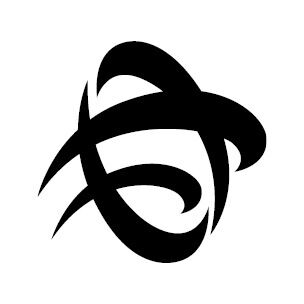H.R. 6256 is in effect, but what does this mean for your supply chain?


PSA BDP
On Thursday, December 23, 2021, President Biden signed H.R. 6256 into law, which bans imports from the Xinjiang Uyghur Autonomous Region (Xinjiang) of the People’s Republic of China and imposes sanctions on foreign individuals responsible for forced labor in the region.
Managing the source point in your supply chains is an important component when analyzing potential risks. When in doubt, remember this acronym: K.Y.S. (Know your suppliers or source). This will let you know that the products or components that you bring into your network are trustworthy. Doing this research can be very challenging and at times can become very complex for there is no clear checklist to use nor has guidance from the Government been useful at this point.
In the bill that was signed into law, CBP has been instructed to develop and publish information about the products that fall into this area and the entities. While each industry has its own unique challenges and issues, there is no one size fits all solution.
The best solution is to develop and implement a program that best aligns with your company size and the products that are sourced. Additionally, companies should make every effort to collect as much information as possible about the production used to manufacture the items imported and then continue to regularly audit and review the details based on timing or changes that have taken place at the source point.
Remember: it’s important to understand where goods are manufactured and not where they are being shipped from.
Now that H.R. 6256 has been signed into law, the responsibility of shippers has increased significantly, and more work will be needed from procurement and import teams that assist with the regular flow of your supply chains. Stay tuned for our continued messages on this topic and if you have any questions, please do not hesitate to contact me directly.



